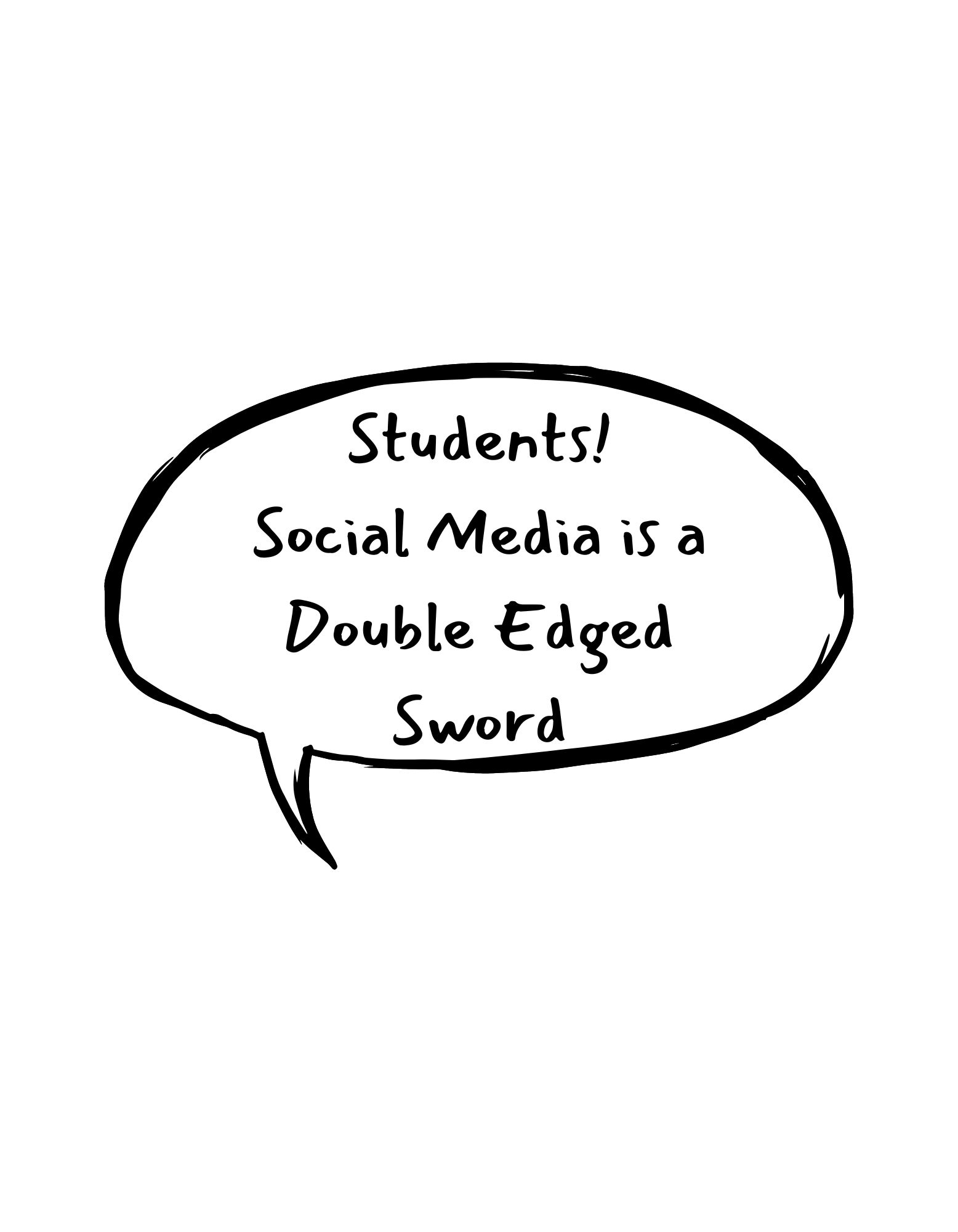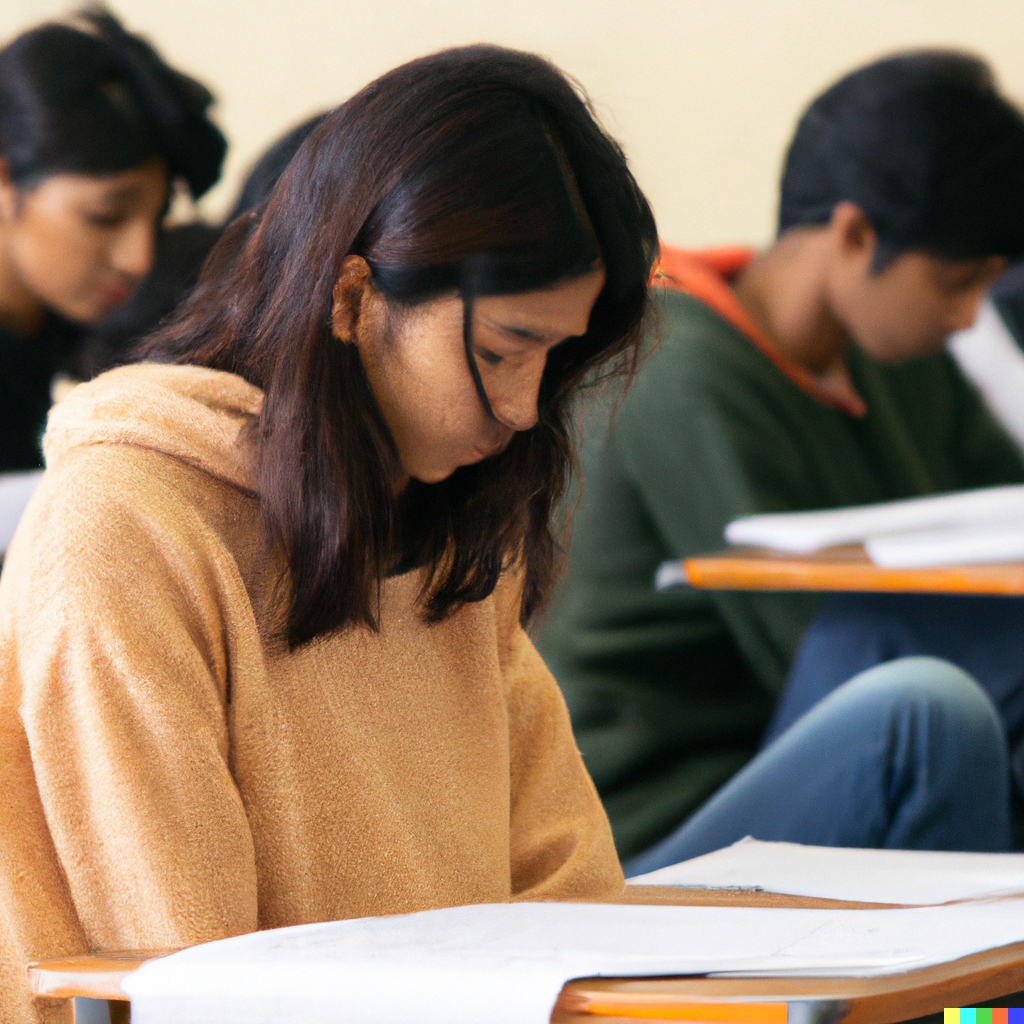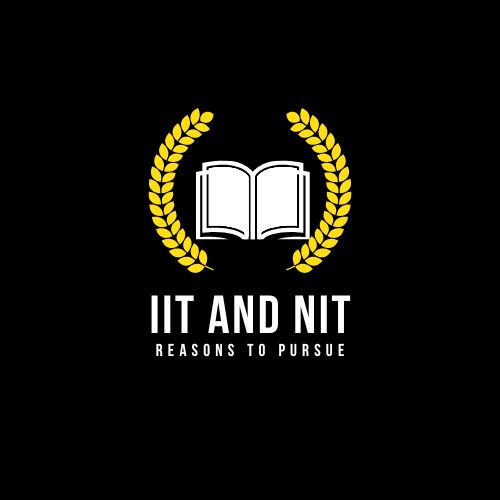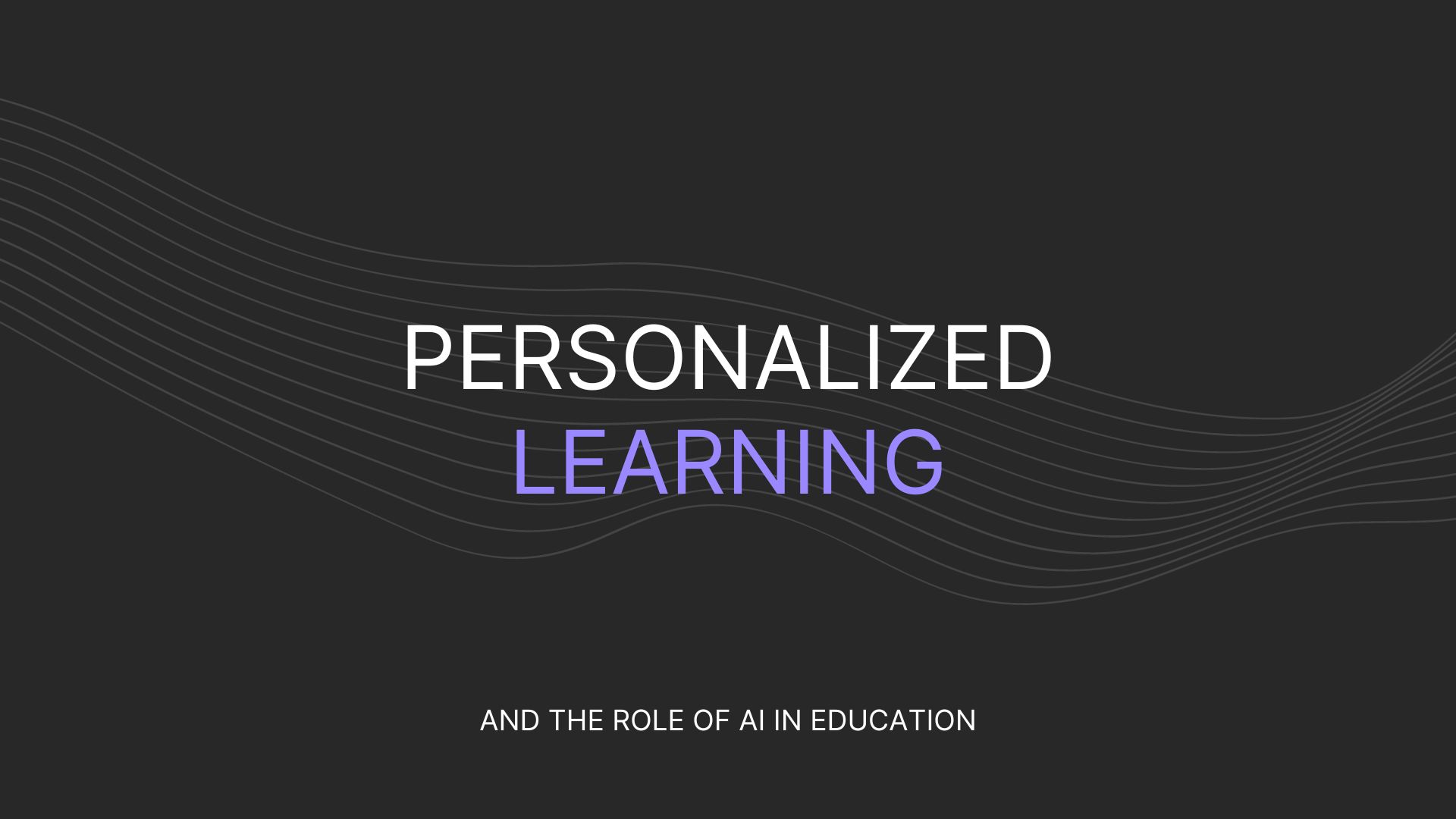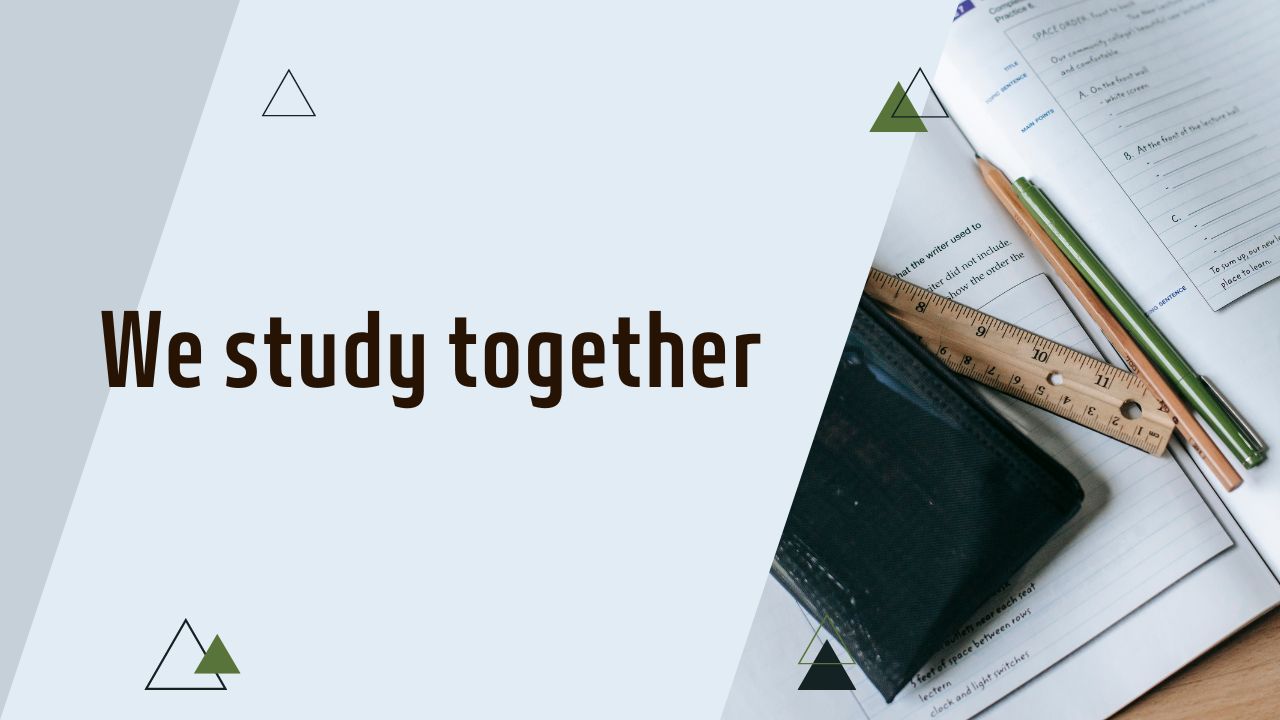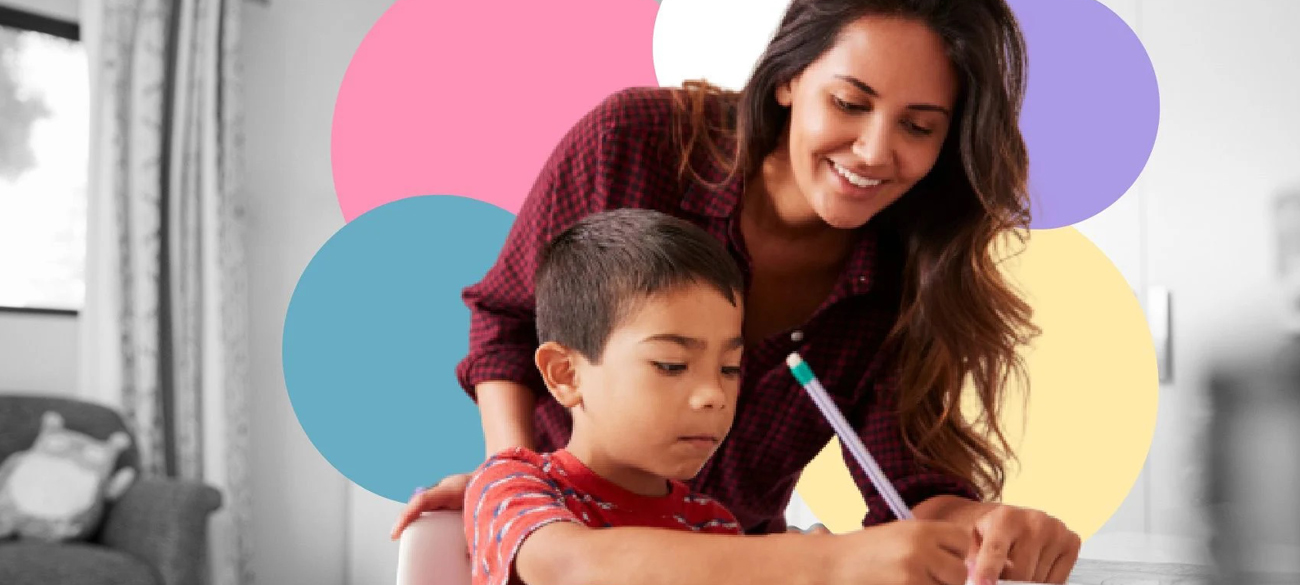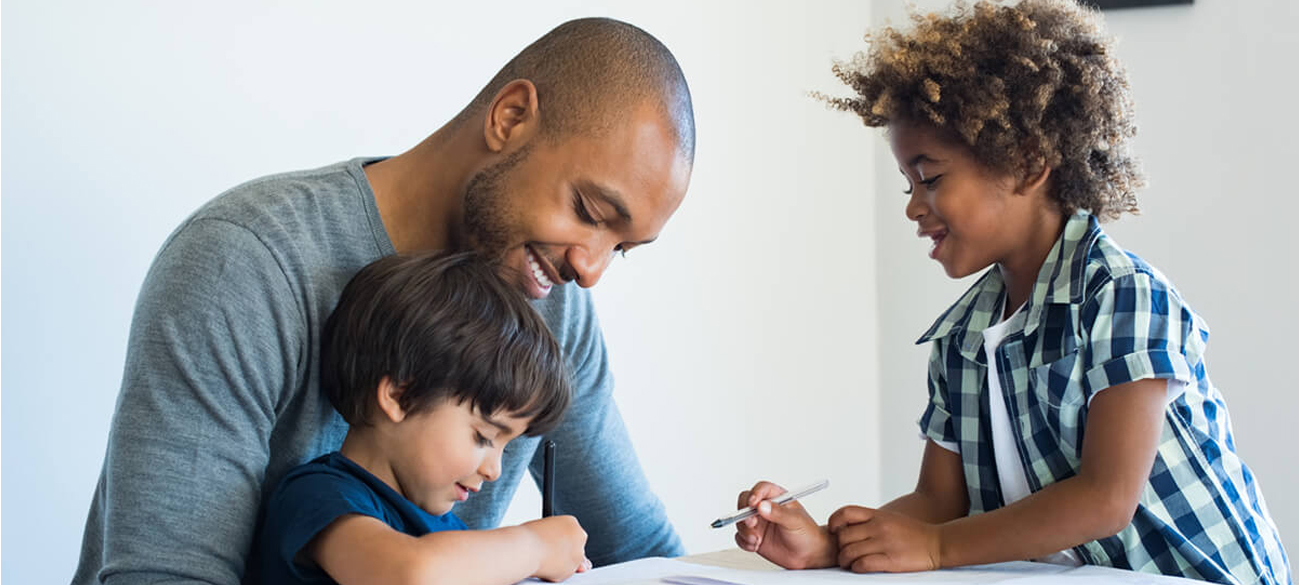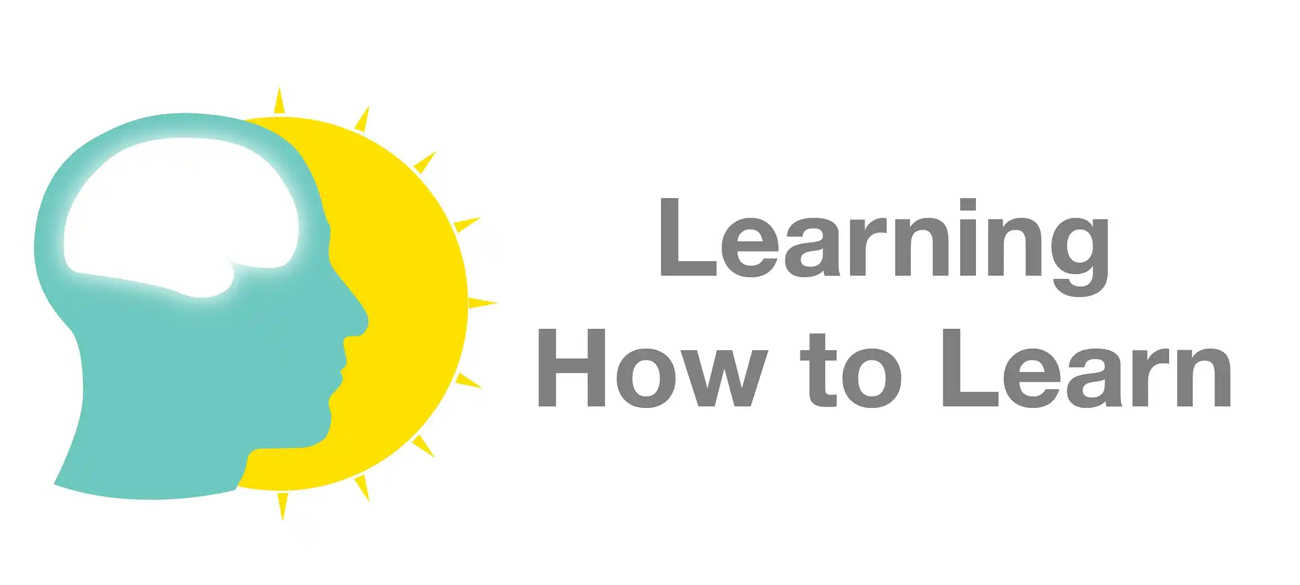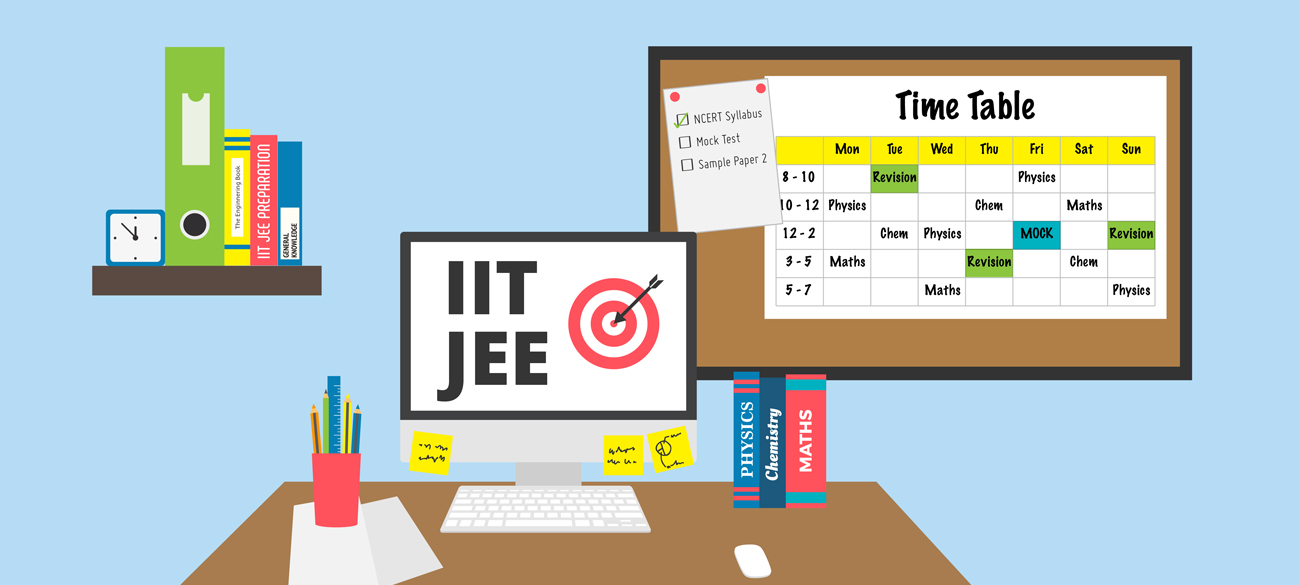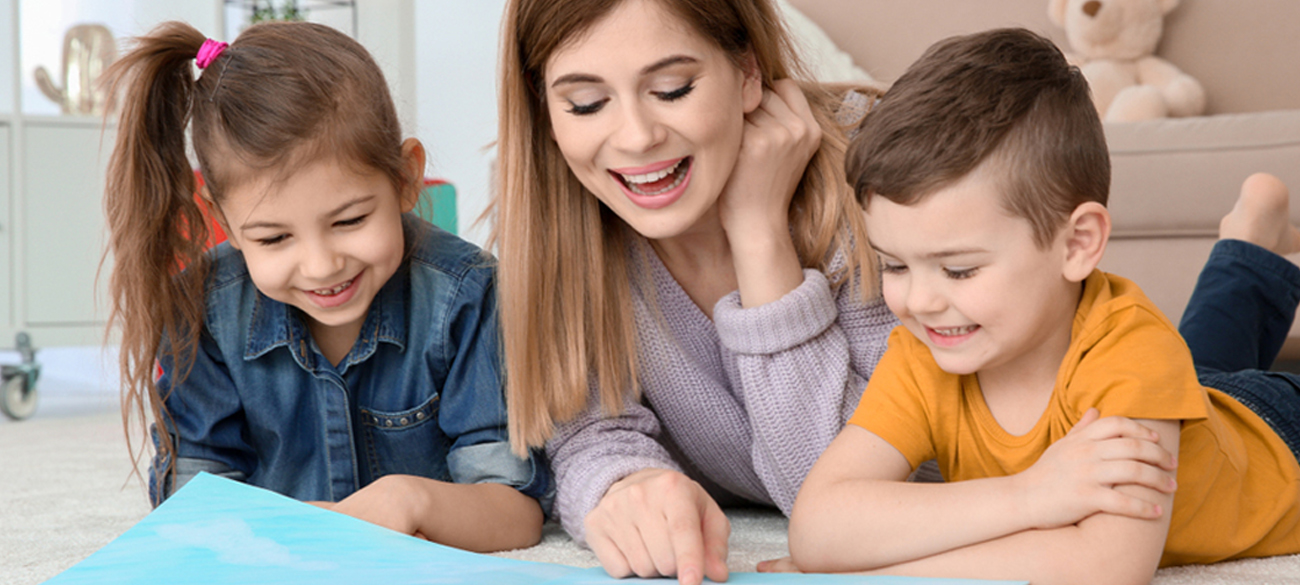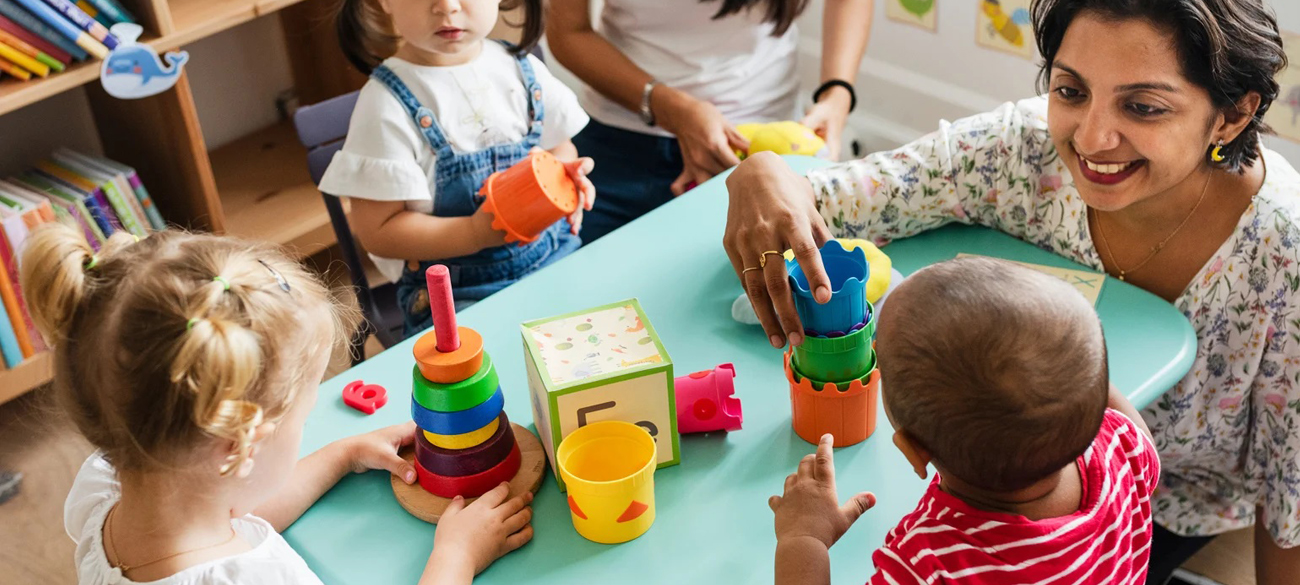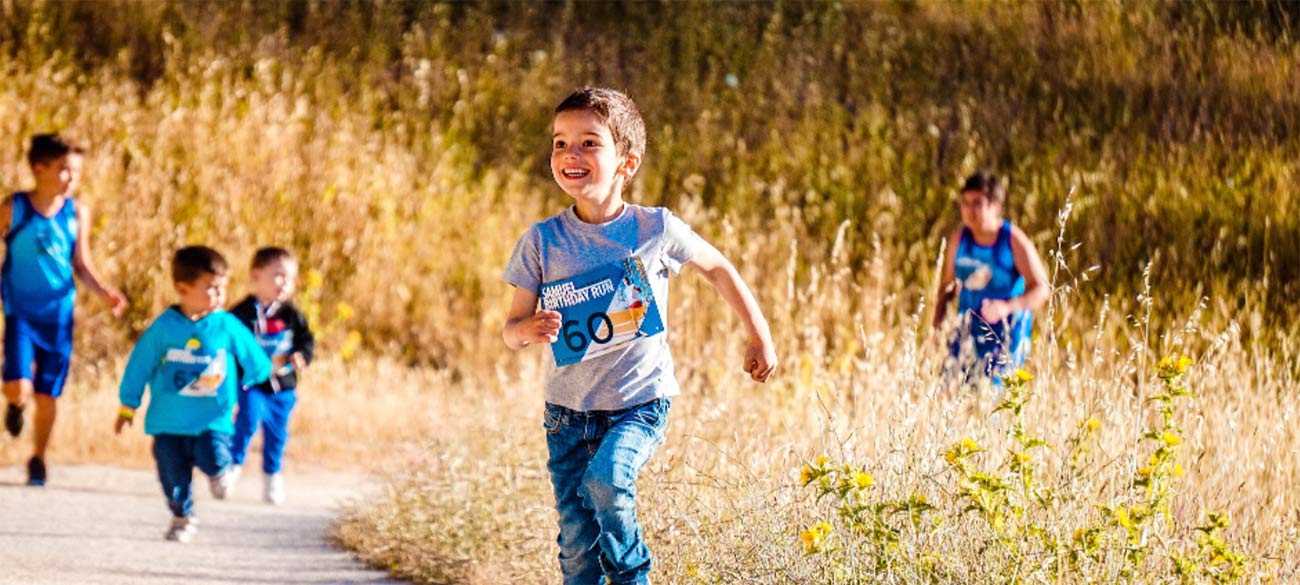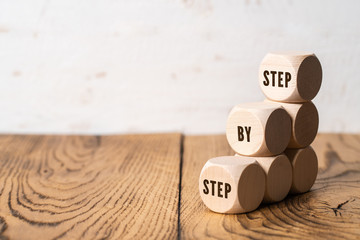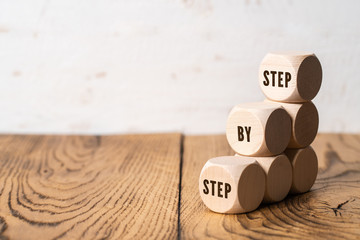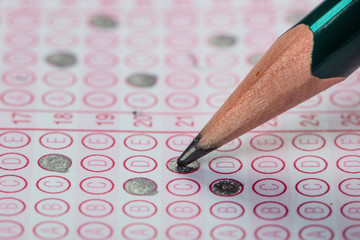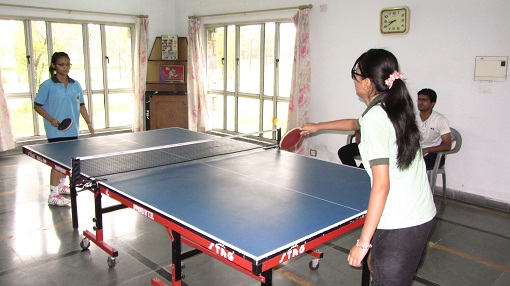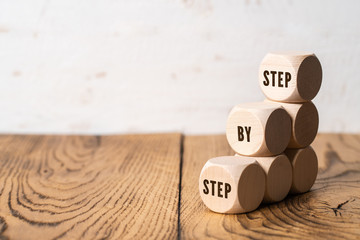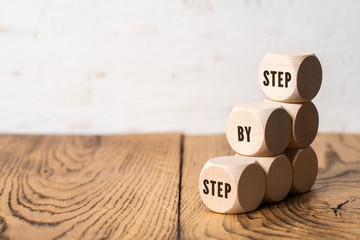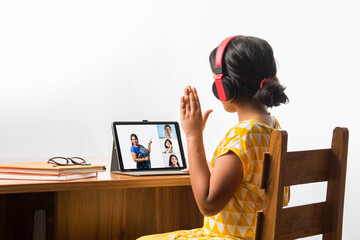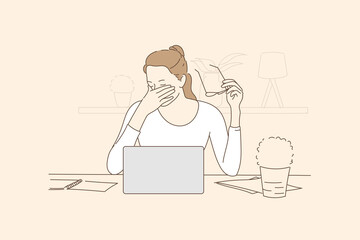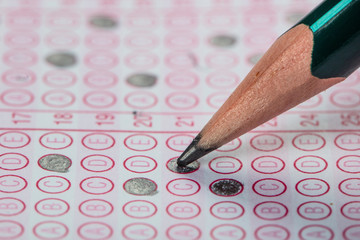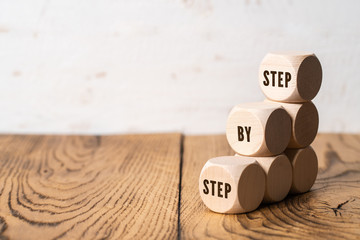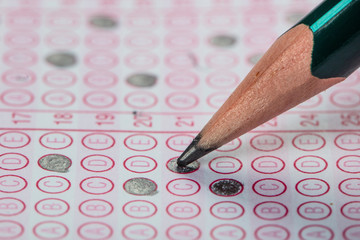How reading helps students deal with stress and uncertainty
As a result of current unprecedented times and uncertain events, adults and even kids are susceptible to feel immense stress and tension. It is normal to experience both physical as well as psychological manifestations of stress. The human brain functions in such a way that, when it sees or perceives a threat, it triggers stress. As per Dr Shyam Bhat, " Threat-signalling in the brain creates a state of 'hypervigilance', a state of acute alertness and sensitivity to other possible threats." Similarly, if we compare it with today's world, the brain sees a kind of threat for the future, such as what will happen next once the pandemic is over. Adaptation to the pandemic-normal lifestyle is difficult. Thus, the result of this is merely stress.
People ain't always sure about the fact that they are experiencing stress. The term is quite vague and the concept is wide. Now, narrowing down the scope to talk about students specifically, so, with these changes, it has become common for students of all age groups to have an encounter with stress. But, the word itself remains oblivious to them. It indeed is a lifelong skill to learn how to cope up with stress and for a student to acquire these skills can seem like a huge mountain to climb. Students can fall back on school education and parent's help to cope up with it. However, how will a caretaker know that someone is stressed and needs help because a student might not be sure about what he or she is feeling is predominantly stress. Teachers, as well as parents, can observe their child for a couple of days. Some of the common symptoms of stress that are out there are as follows:-
-
Impatient
-
Irritable
-
Prone to anger
-
Body aches and pains
-
Fatigue
-
Insomnia
-
Worrying
-
Overthinking
-
Inability to focus
-
Concentrate and on edge
If the stress goes without any notice, then it can lead to bigger problems. Now, coming to the question of how to cope up with it. There could be a million ways to overcome it, but one effective way is reading. It is surely one of the activities that are highly overlooked. Reading is found to significantly decrease stress by reducing blood pressure and by lowering heart rate. It is like a workout routine for the brain. It can be a wonderful escape from reality. As per the study at the University of Sussex in 2009, it was found that reading can reduce stress by up to 68%. It was also proved that it works much better and faster than a few other relaxation methods such as listening to music or eating and drinking things you like.
What happens when a person with stress starts to read? Reading needs constant interaction with the brain, thus, keeps the brain totally engaged with the work, which leads to reduction of stress. When a person reads something, the brain automatically starts to create images in the mind of the reader, the readers make up their own characters and get engulfed in the storyline. The brain also lets the reader focus more on the words, shapes and images, variations in the books than merely focusing on stress. So, all these imaginations, thoughts and visions that the brain creates takes the reader to an alternate reality. This is the psychological reason why reading reduces stress faster.
Is there any constraint on what a student should read? Are there any particular types of the book or a particular genre that a student should pick or school education system and parents should make obligatory? How will a student know whether reading is working on their stress levels or not? So, to answer these questions, there are just three steps to keep in mind when a student picks reading as the coping mechanism.
1. The book chosen need not be on any "best-seller" list. The genre that a student loves the most, the writer that interests him the best should be his first pick.
2. Do not pick a book that upsets you more. This is to avoid picking books that make a student feel more stressed rather than reducing them. So, the best option would be to go for light-hearted books which are not related to academics to keep the variety in life.
3. Lastly, keep a check on your mood, feeling and stress level before and after reading books. A student can also keep track of which kind of books helps him the most so that when he has to make a choice, then he can go for something that has proven to be helpful.
So, we can conclude that reading does help students deal with stress and uncertainty. Make reading your everyday habit and see the change.



.jpeg)






